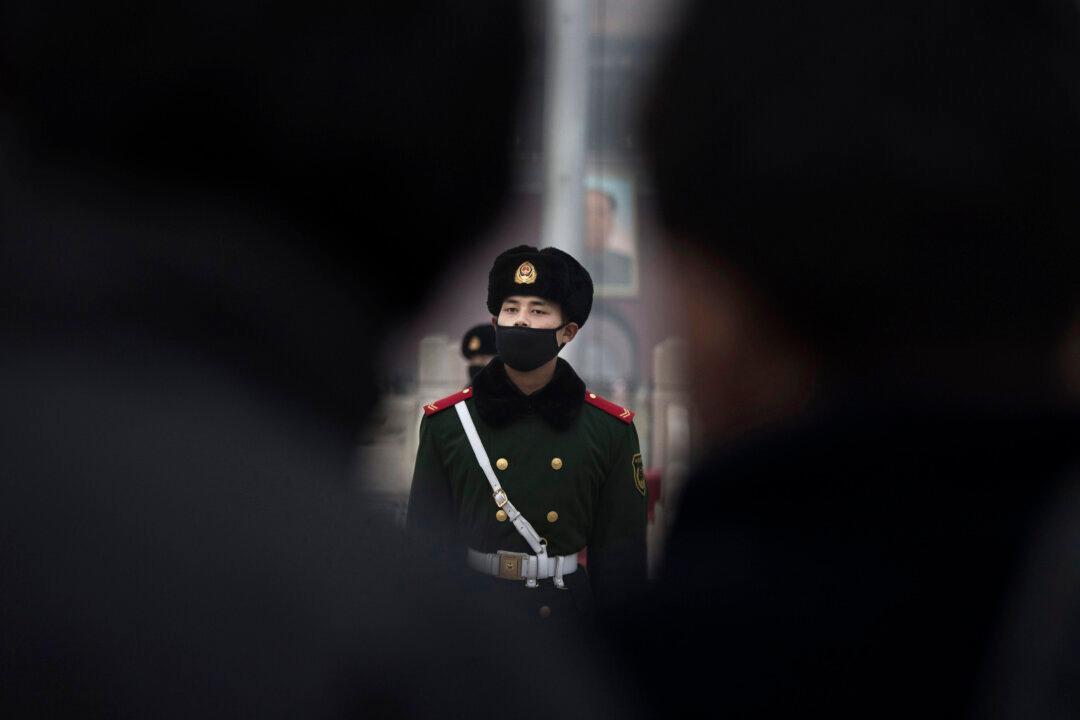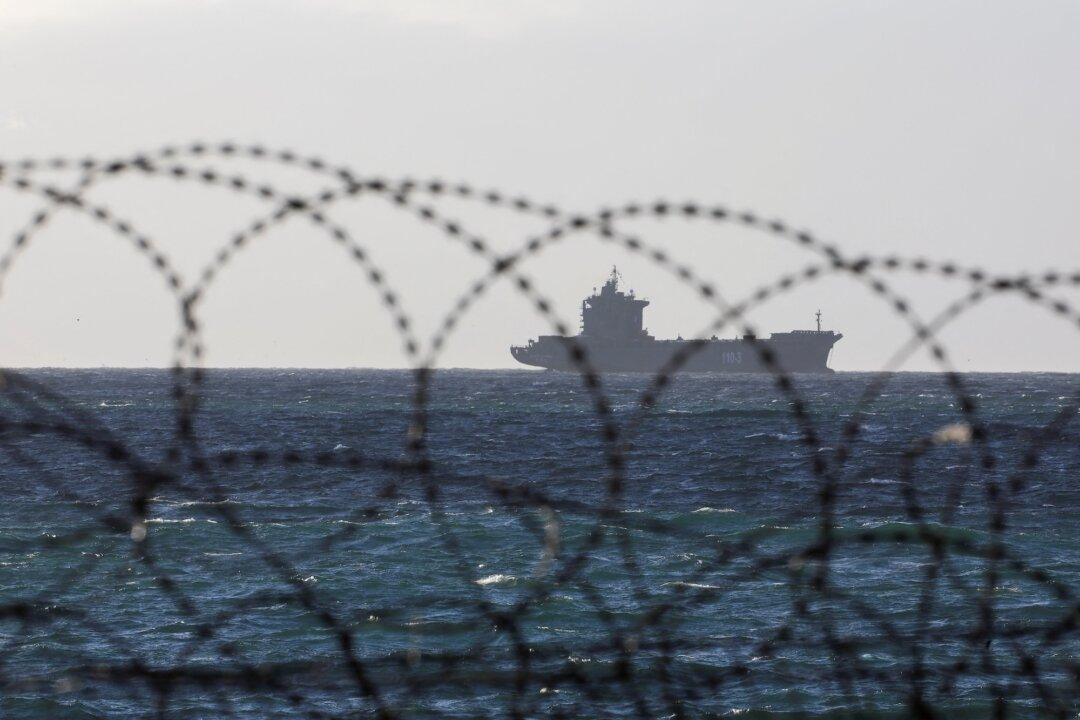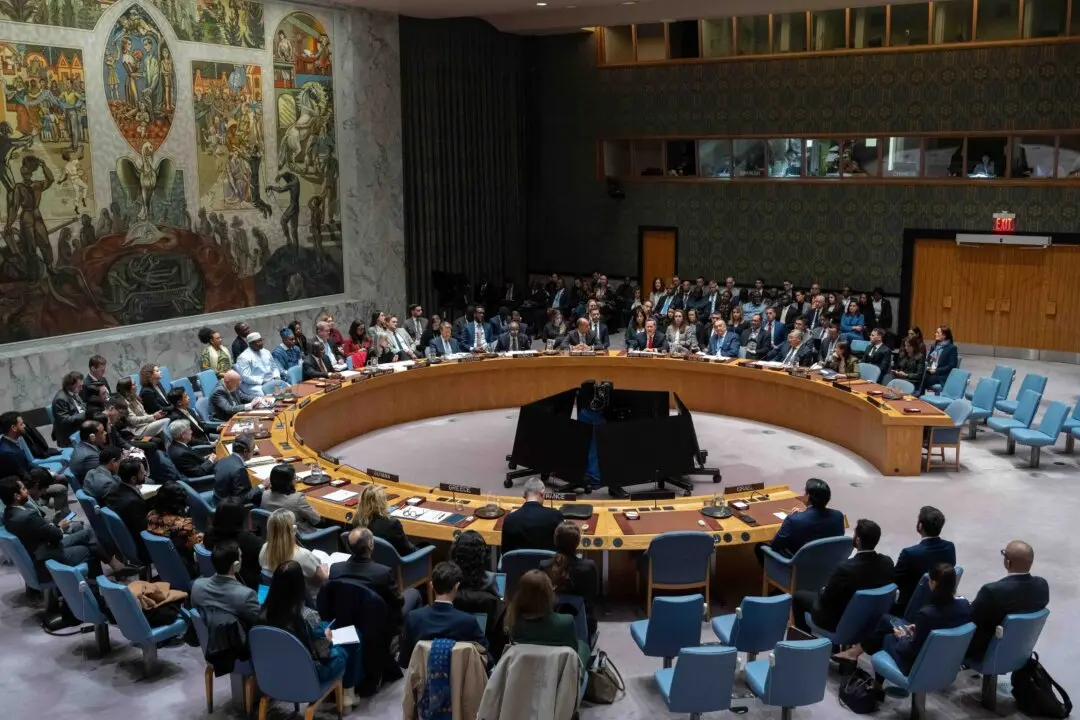News Analysis
There’s no vacuum in geopolitics, so holistic thinking is needed to arrive at reasonable assessments. Iran has survived all these years, even while under more or less strict sanctions, partially because the regimes in Russia and China keep ignoring the sanctions by buying its oil and selling it weapons and diplomatic protection.





